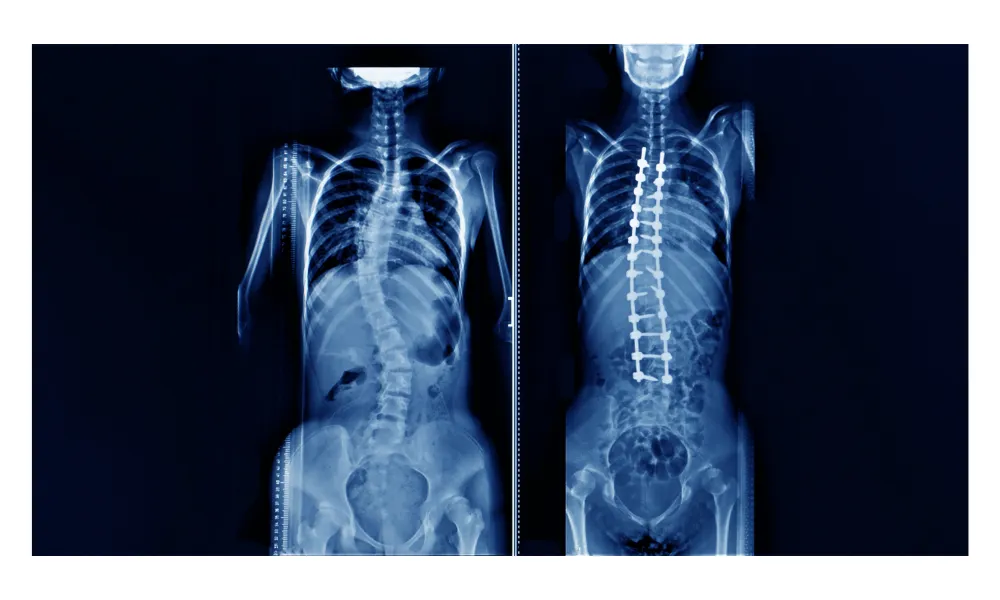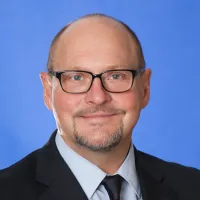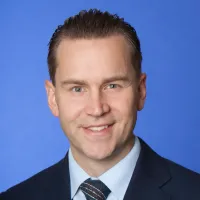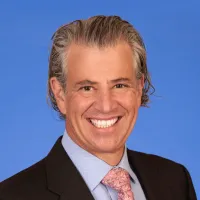
Scoliosis in Adults
Many cases of adult scoliosis actually start during childhood, but go undetected and, subsequently, untreated.
Scoliosis in Adults
"Scoliosis" may recall annual trips to the junior high school nurse's office to have your spine checked. From this experience, most of us have a basic knowledge of the disease. Scoliosis indicates a severe S- or C-shaped curvature of the spine that is not normal.
Many of us haven't thought about scoliosis since junior high school. However, it is possible to be diagnosed with adult scoliosis.
Many cases of adult scoliosis actually start during childhood, but go undetected and, subsequently, untreated. An undiagnosed, moderate curve in a child's spine can develop into a more serious curve in adulthood.
Scoliosis in adults can be caused by various trauma to the spine, including serious spinal fracture caused by an accident. Conditions that deteriorate the spine, such as osteoporosis or arthritis, may also cause adult scoliosis.
There may be little or no pain associated with adult scoliosis. Symptoms include unevenness in the shoulders, waist, and hips, along with a tendency to lean to one side. An adult with scoliosis may also notice one arm hanging longer than the other, or the appearance of the ribs sticking out prominently on one side when bending over. These symptoms usually lead an individual to a spine specialist for diagnosis and treatment.
For most adults, scoliosis treatment may include medication, a series of exercises, physical therapy, and possibly a back or neck brace. In severe cases, where the spinal curvature is large or progressing, persistent pain is experienced, or conservative treatments have failed, spinal surgery may be considered.
Each case of adult scoliosis is unique and your spine specialist will work with you to determine the best course of treatment for your specific condition and lifestyle.
Orthopedics is the area of medicine specializing in the diagnosis and treatment of bone, joint, tissue, and nerve disorders, including those in the neck, back, and spine. To contact a spine specialist at Proliance Orthopedic Associates call 425-656-5060.
To learn more about scoliosis in adults, click here.



